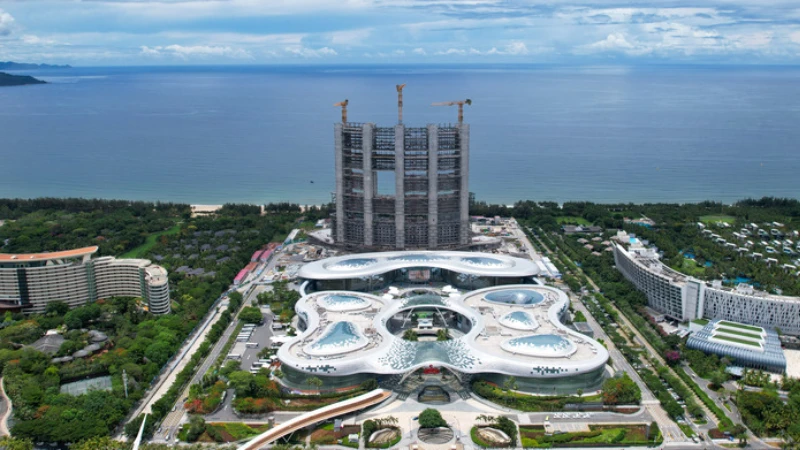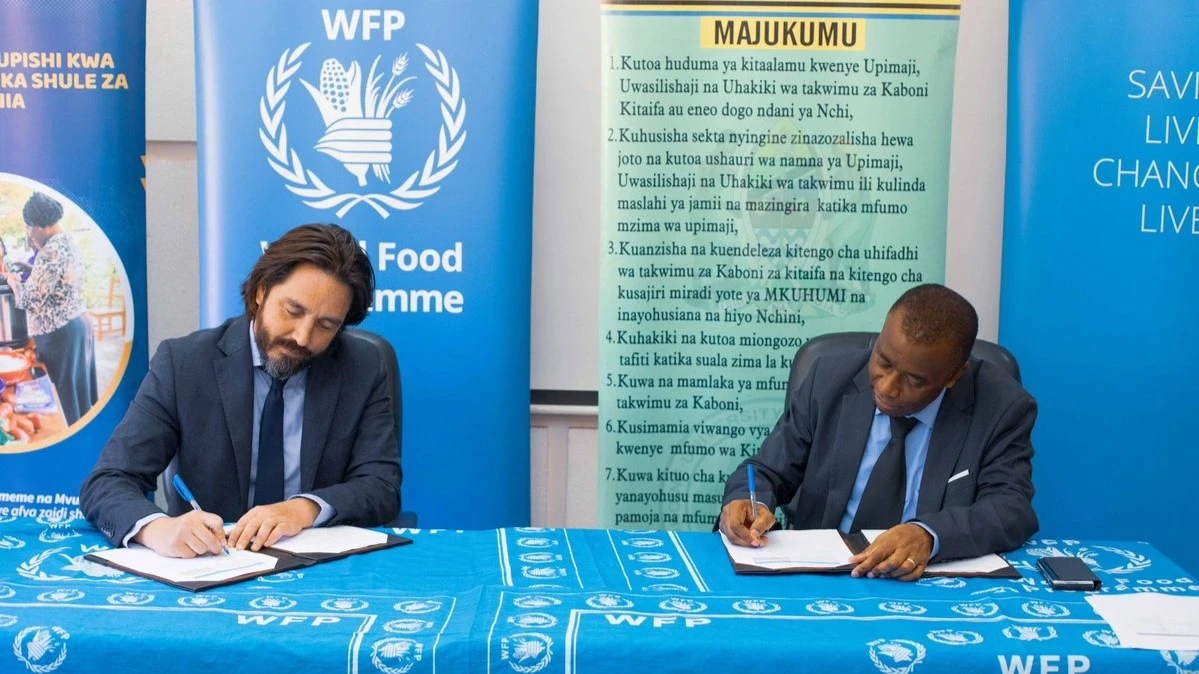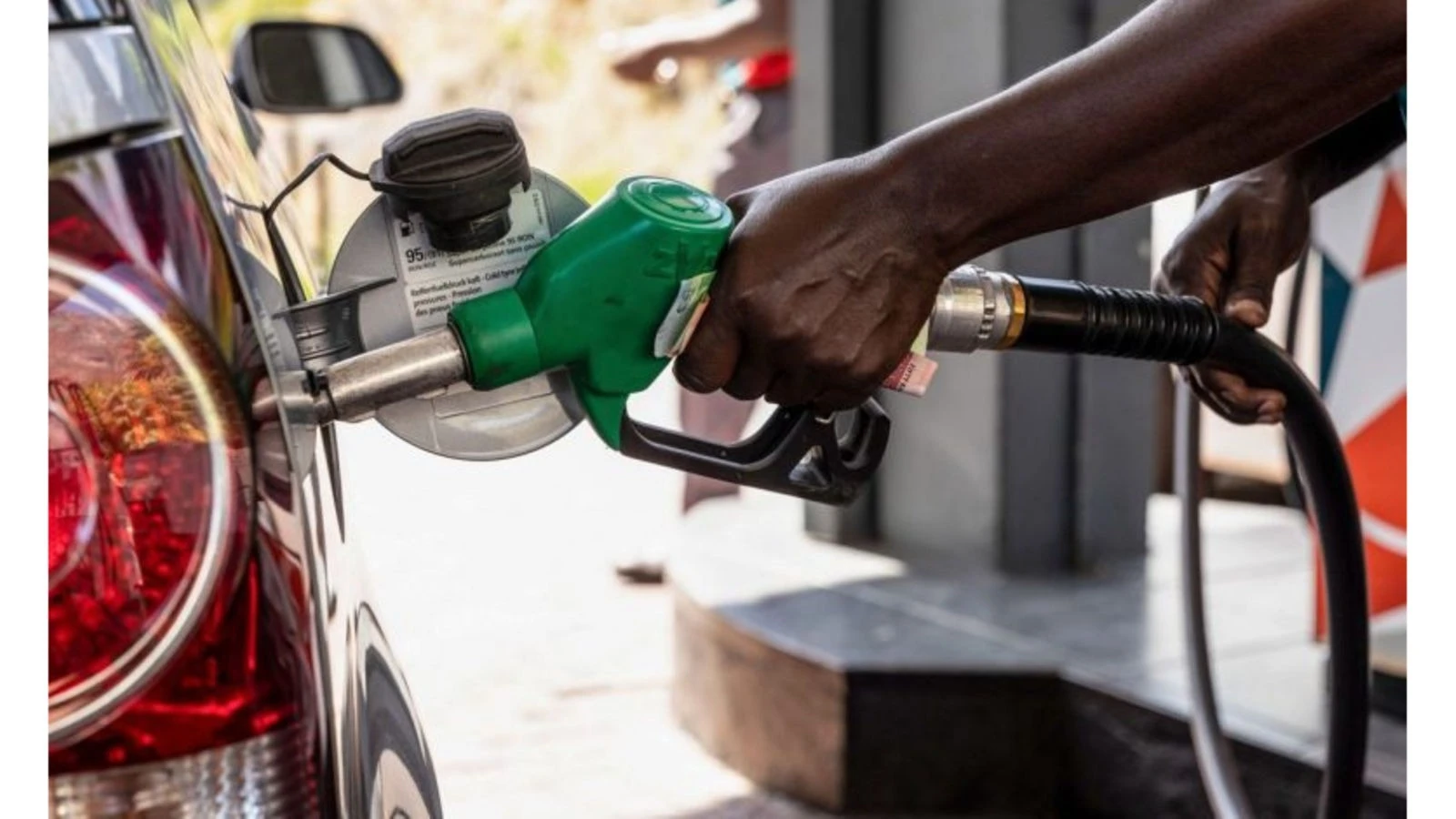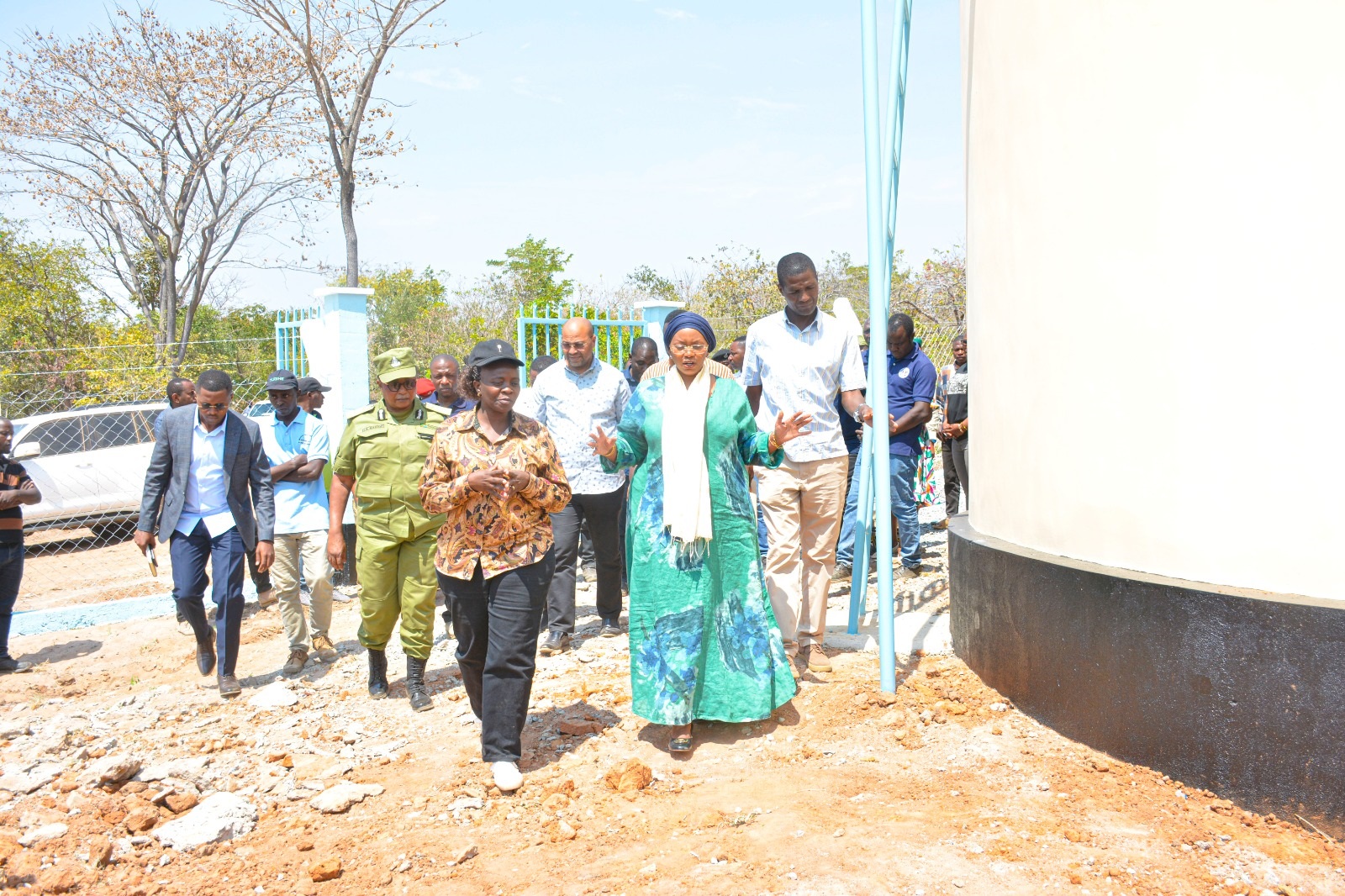Tourism drives Zanzibar’s current account surplus growth
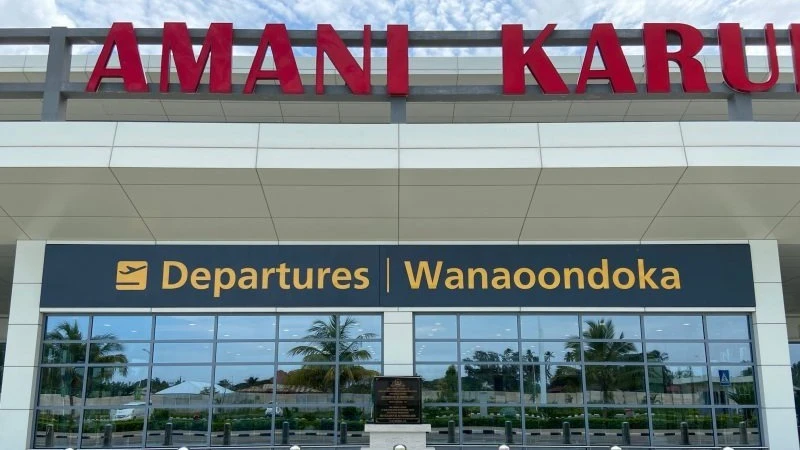
Zanzibar’s current account surplus rose by 42.6 percent to US$611.1 million in the year ending June 2025, up from US$428.6 million in the corresponding period of 2024, according to the Bank of Tanzania (BoT).
The strong performance was attributed to a 19.3 percent increase in exports of goods and services, which reached US$1,200.4 million, up from US$1,006.6 million recorded a year earlier. Service receipts—particularly from tourism—were the main driver, growing by 23.9 percent to US$1,167.1 million, bolstered by a surge in tourist arrivals.
The number of tourist arrivals rose to 798,605 from 663,444 in the previous year, reflecting Zanzibar’s growing appeal as a global destination. This growth was supported by the government’s targeted policies and substantial investments under the leadership of President Hussein Ali Mwinyi.
Key among these was the upgrade of the Abeid Amani Karume International Airport, which significantly improved air connectivity and attracted more international flights. In addition, strategic marketing campaigns have helped diversify Zanzibar’s tourist source markets.
While European countries like Germany, Italy, and the United Kingdom remain major contributors, emerging markets such as India, China, and Poland are showing strong growth.
The tourism boom has triggered a positive ripple effect across the economy—driving new investments in hospitality and tour services, while creating thousands of jobs. Tourism continues to play a central role in Zanzibar’s economy, contributing significantly to GDP and foreign exchange earnings.
However, the surge in arrivals is straining existing infrastructure and raising environmental concerns, particularly in waste management and marine ecosystem degradation.
In response, the government and tourism stakeholders are prioritising sustainable tourism practices to protect the islands’ natural beauty and cultural heritage.
The overarching goal is to strike a balance between economic growth and environmental preservation, safeguarding Zanzibar’s unique appeal for future generations.
Conversely, clove exports—the traditional backbone of Zanzibar’s foreign trade—declined sharply by 88.1 percent to US$3.5 million, down from US$28.9 million in the previous year. The fall reflects the crop’s cyclical nature and growing threats from climate change.
Erratic rainfall, rising temperatures, and a mysterious disease affecting thousands of clove trees—especially in Unguja North—have severely impacted yields. Many trees are old and past their productive age, and the slow pace of replanting has further contributed to declining production volumes.
On a monthly basis, exports of goods and services rose to US$89.1 million in June 2025, up from US$74.9 million recorded in June 2024.
Imports of goods and services also increased in the year ending June 2025, reaching US$615.9 million, compared to US$593.4 million a year earlier.
The rise was largely driven by a 21 percent increase in consumer goods imports—particularly non-industrial transport equipment and food and beverages—which reached US$69.1 million. Additionally, capital goods imports grew by 11.3 percent to US$68.9 million, mainly due to higher imports of machinery and mechanical appliances.
On a monthly basis, imports of goods and services slightly edged up to US$47.5 million in June 2025 from US$47.3 million recorded in June 2024.
Top Headlines
© 2025 IPPMEDIA.COM. ALL RIGHTS RESERVED













